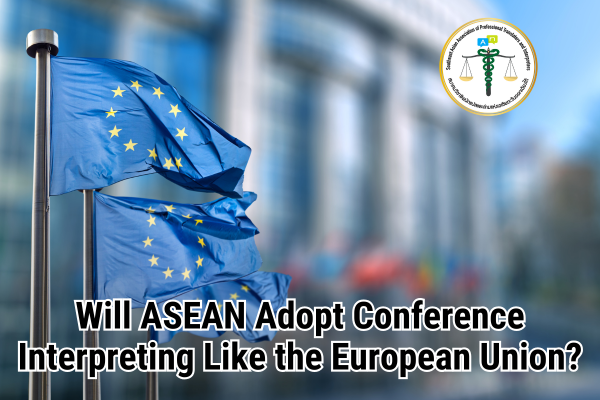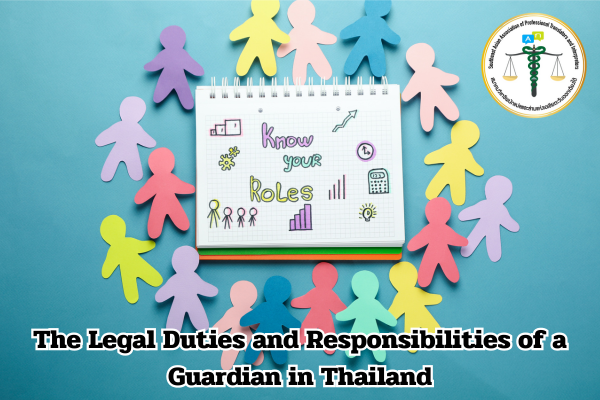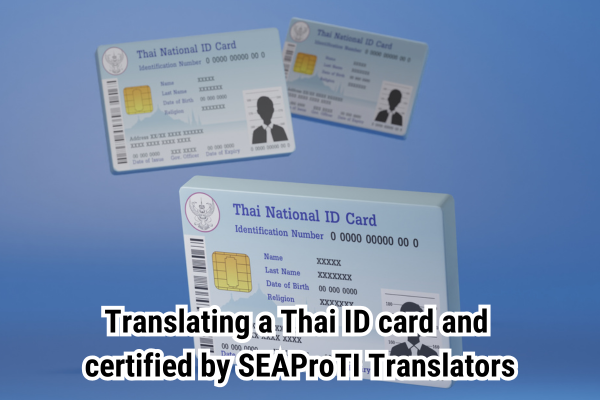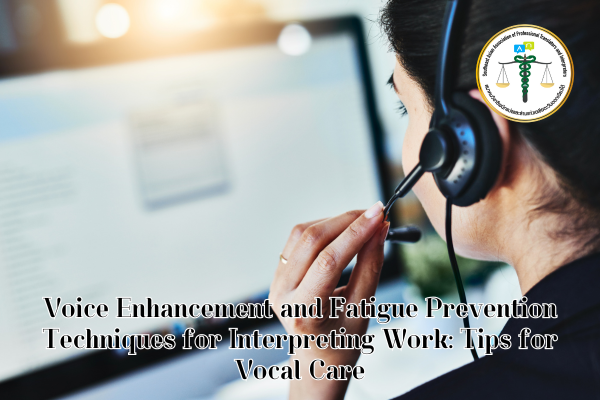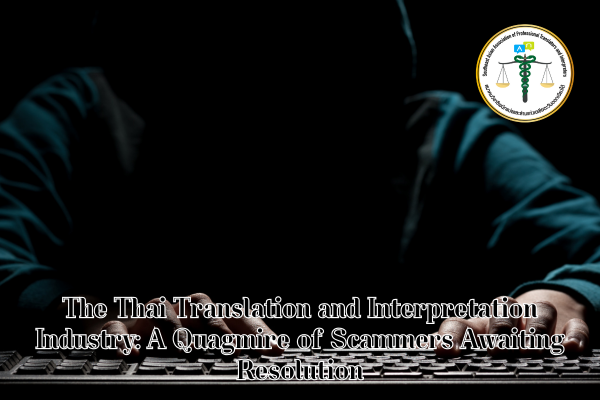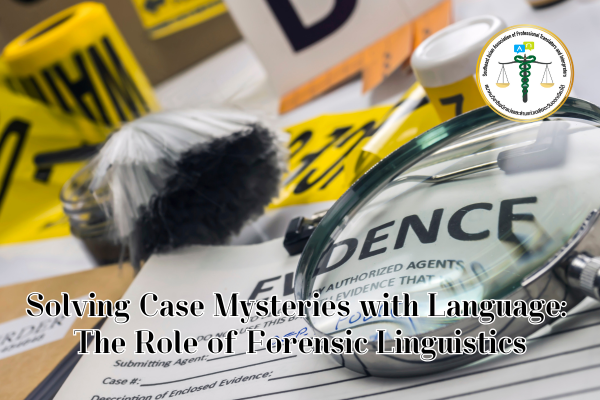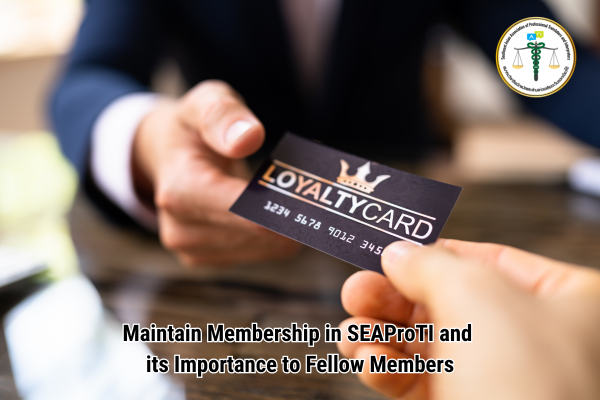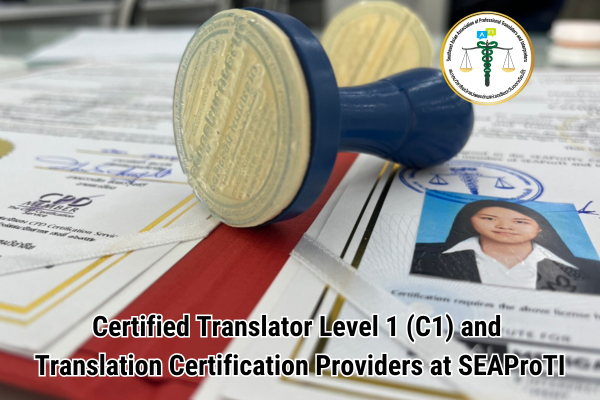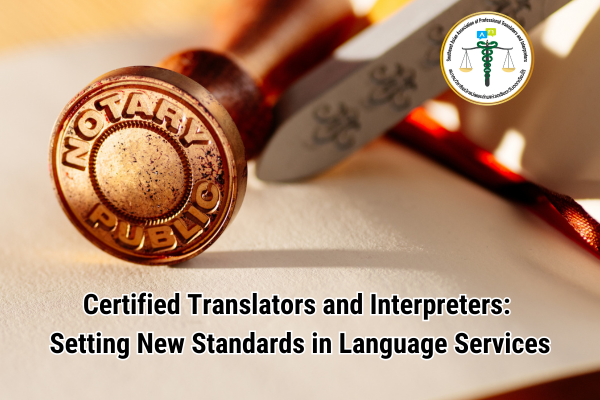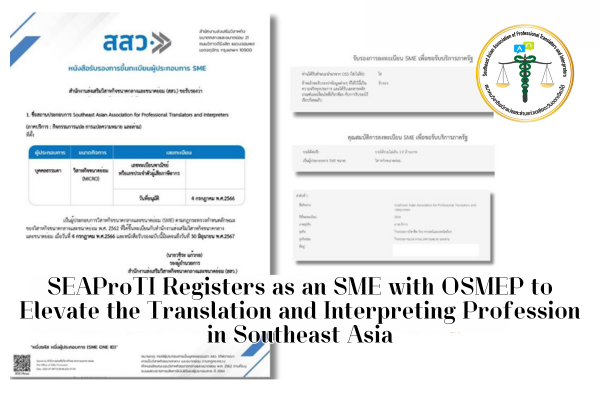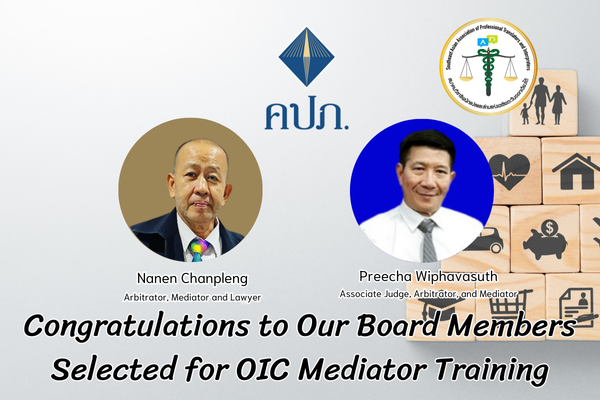Will ASEAN Adopt Conference Interpreting Like the European Union?
22 March 2028, Bangkok – Multilingualism functions as both a fundamental principle and a practical necessity which makes conference interpreting pivotal in the European Union (EU). The European Union acknowledges 24 languages officially which requires simultaneous and consecutive interpreting services for international communication at all levels. The complete interpreting system enables full participation for each member country through its own native language.
The situation presents notable differences when considering the context of the Association of Southeast Asian Nations (ASEAN). The Association of Southeast Asian Nations (ASEAN) includes ten member states—Thailand, Malaysia, Singapore, Indonesia, the Philippines, Brunei, Vietnam, Laos, Cambodia, and Myanmar—and displays substantial linguistic and cultural diversity. The Association of Southeast Asian Nations (ASEAN) stands apart from the EU because it has established English as its official working language which simplifies communication and diminishes the demand for extensive interpreting services.
Why Does ASEAN Not Follow the EU’s Interpreting Model?
Several factors explain why ASEAN has chosen a different path from the EU regarding interpreting:
1. High Operational Costs
Implementing a complete interpreting system for all ASEAN languages would require substantial financial investment in skilled interpreters, advanced technology, and extensive infrastructure. Many ASEAN nations view these costs as disproportionate to the practical benefits, especially given budgetary constraints.
2. Widespread Acceptance of English
English has gained acceptance as a common working language across ASEAN countries and is widely used in government, business, and education. This widespread use reduces the perceived necessity for a multilingual interpreting setup, as most delegates are proficient in English.
3. Limited Availability of Professional Interpreters
Finding skilled interpreters proficient in ASEAN languages and trained to handle specialized topics discussed at regional meetings presents a considerable challenge. Unlike the EU, ASEAN faces limitations in interpreter availability, training facilities, and certification programs.
Current Usage of Interpreters in ASEAN Meetings
Though ASEAN does not have an EU-style interpreting system, interpreters are occasionally employed in specific situations, such as:
- High-Level Summits and Diplomatic Events: Leaders who prefer communicating precisely and confidently in their native languages may choose interpreters for accuracy and nuance.
- Meetings with Non-ASEAN Partners: Conferences involving countries outside the region, like China, Japan, South Korea, or Western countries, may require interpreters to bridge language gaps effectively.
Could ASEAN’s Approach to Conference Interpreting Change in the Future?
The question remains whether ASEAN will consider adopting a more comprehensive interpreting strategy similar to the EU in the future. Although unlikely, growing economic integration, international partnerships, and cultural exchange could drive greater linguistic inclusivity within ASEAN meetings.
The decision will depend significantly on ASEAN’s political will, economic growth, and member states’ recognition of a multilingual interpreting system’s cultural and diplomatic advantages.
Conclusion
While ASEAN currently opts for practicality and cost-efficiency through English as its working language, this does not preclude the potential expansion of its interpreting practices. Increased global integration and evolving regional dynamics may eventually encourage ASEAN to reconsider a more robust interpreting infrastructure. However, ASEAN maintains its unique approach for now, balancing practical communication needs with budgetary realities.
SEO Keywords: ASEAN, European Union, conference interpreting, simultaneous interpreting, consecutive interpreting, multilingualism, ASEAN communication, English in ASEAN, interpreting system, regional meetings.
SEAProTI’s certified translators, translation certification providers, and certified interpreters:
The Southeast Asian Association of Professional Translators and Interpreters (SEAProTI) has officially announced the criteria and qualifications for individuals to register as “Certified Translators,” “Translation Certification Providers,” and “Certified Interpreters” under the association’s regulations. These guidelines are detailed in Sections 9 and 10 of the Royal Thai Government Gazette, issued by the Secretariat of the Cabinet under the Office of the Prime Minister of the Kingdom of Thailand, dated July 25, 2024, Volume 141, Part 66 Ng, Page 100.
To read the full publication, visit the Royal Thai Government Gazette
ประชาคมอาเซียนจะใช้ล่ามประชุมเหมือนในสหภาพยุโรปหรือไม่
22 มีนาคม 2568, กรุงเทพมหานคร – หนึ่งในจุดเด่นที่สำคัญที่สุดของสหภาพยุโรป (European Union หรือ EU) คือการยึดมั่นในหลักพหุภาษา (Multilingualism) โดยมีการใช้ล่ามประชุมที่เป็นระบบครบวงจรอย่างชัดเจน และได้รับการยอมรับจากทั่วโลกว่ามีประสิทธิภาพสูง อย่างไรก็ตาม คำถามที่น่าสนใจและถูกถามอยู่บ่อยครั้งในช่วงหลังนี้คือ “ประชาคมอาเซียน (ASEAN Community) จะมีการใช้ล่ามประชุมในลักษณะเดียวกันกับสหภาพยุโรปหรือไม่” บทความนี้จะพาท่านผู้อ่านไปสำรวจแนวคิด ความเป็นไปได้ ตลอดจนเหตุผลเบื้องหลังของคำถามดังกล่าว
ทำไมสหภาพยุโรปถึงมีระบบล่ามที่สมบูรณ์แบบ
การมีล่ามในสหภาพยุโรปไม่ได้เป็นแค่เรื่องของความสะดวกหรือการสื่อสารธรรมดาเท่านั้น แต่มันเป็นส่วนหนึ่งของนโยบายหลักของสหภาพยุโรปที่เรียกว่า นโยบายพหุภาษา (Multilingualism Policy) ซึ่งถือเป็นหัวใจหลักในการดำเนินงานของสหภาพ โดย EU มีภาษาราชการถึง 24 ภาษา สมาชิกแต่ละประเทศสามารถใช้ภาษาประจำชาติในการสื่อสารในการประชุมระดับนานาชาติได้เสมอ ซึ่งทำให้ระบบการล่ามพร้อม (Simultaneous Interpreting) และล่ามตามลำดับ (Consecutive Interpreting) ถูกพัฒนาและได้รับการสนับสนุนอย่างเต็มที่ ทั้งในด้านเทคโนโลยี อุปกรณ์ และการฝึกอบรมบุคลากรที่มีคุณภาพระดับสูง
สถานการณ์ในประชาคมอาเซียนแตกต่างกันอย่างไร
ประชาคมอาเซียน (Association of Southeast Asian Nations: ASEAN) เป็นการรวมตัวของ 10 ประเทศในภูมิภาคเอเชียตะวันออกเฉียงใต้ ได้แก่ ไทย มาเลเซีย สิงคโปร์ อินโดนีเซีย ฟิลิปปินส์ บรูไน เวียดนาม ลาว กัมพูชา และเมียนมา ซึ่งมีความหลากหลายทางวัฒนธรรมและภาษาเช่นกัน อย่างไรก็ตาม ในระดับปฏิบัติ อาเซียนมีความแตกต่างจากสหภาพยุโรปอย่างชัดเจน เนื่องจากอาเซียนได้เลือกภาษาอังกฤษเป็น ภาษากลางในการทำงาน (Working Language) ทำให้การสื่อสารส่วนใหญ่ในประชุมระดับภูมิภาคดำเนินการด้วยภาษาอังกฤษเพียงภาษาเดียวเท่านั้น
ทำไมประชาคมอาเซียนถึงไม่ใช้ระบบล่ามเหมือนสหภาพยุโรป
มีเหตุผลสำคัญหลายประการที่ทำให้ประชาคมอาเซียนไม่ได้มีระบบล่ามประชุมมาตรฐานเหมือนสหภาพยุโรป ได้แก่
1. งบประมาณและต้นทุนในการดำเนินการที่สูงมาก
การมีล่ามครบวงจรทั้ง Simultaneous และ Consecutive ในทุกภาษา ต้องใช้งบประมาณมหาศาล ทั้งค่าใช้จ่ายด้านบุคลากร อุปกรณ์ เทคโนโลยี ซึ่งหลายประเทศในอาเซียนอาจมองว่าเป็นการลงทุนที่สูงเกินไปเมื่อเปรียบเทียบกับประโยชน์ที่ได้รับ
2. ภาษาอังกฤษเป็นที่ยอมรับร่วมกัน
ปัจจุบันประเทศสมาชิกอาเซียนส่วนใหญ่ยอมรับและใช้ภาษาอังกฤษอย่างแพร่หลายทั้งในระดับราชการ ภาคธุรกิจ และการศึกษา ซึ่งถือว่าเป็นภาษาสากลระดับโลกอยู่แล้ว จึงทำให้สมาชิกส่วนใหญ่มีแนวโน้มสนับสนุนให้การประชุมระดับภูมิภาคใช้ภาษาอังกฤษเป็นหลัก เพื่อความสะดวกและประหยัดค่าใช้จ่าย
3. ข้อจำกัดด้านบุคลากร
บุคลากรล่ามที่มีความเชี่ยวชาญเฉพาะทางระดับภูมิภาคในอาเซียนมีจำนวนจำกัด ทำให้การจัดหาล่ามที่มีคุณภาพครบวงจรสำหรับภาษาท้องถิ่นของทุกประเทศในทุกการประชุมเป็นเรื่องที่ท้าทายและอาจเป็นอุปสรรคต่อการดำเนินงานของประชาคมอาเซียนเอง
ปัจจุบันอาเซียนใช้ล่ามในสถานการณ์ใดบ้าง
ถึงแม้จะไม่มีระบบล่ามครบวงจรแบบ EU แต่ในความเป็นจริงแล้ว ประชาคมอาเซียนยังคงมีการใช้ล่ามในบางโอกาสพิเศษ เช่น
- การประชุมระดับผู้นำ
ผู้นำประเทศที่ต้องการแสดงความมั่นใจและแม่นยำในการสื่อสาร อาจเลือกใช้ล่ามภาษาแม่ของตนในการแปลไปเป็นภาษาอังกฤษหรือภาษาอื่นที่จำเป็น
- การประชุมกับประเทศนอกภูมิภาค
ในกรณีที่อาเซียนประชุมกับประเทศพันธมิตรหรือคู่ค้าจากภูมิภาคอื่น เช่น จีน ญี่ปุ่น เกาหลีใต้ หรือกลุ่มประเทศยุโรป อาจมีการใช้ล่ามแบบเฉพาะกิจ เพื่อให้การสื่อสารราบรื่น
ประชาคมอาเซียนในอนาคตจะมีแนวโน้มเปลี่ยนแปลงหรือไม่
คำถามที่หลายฝ่ายตั้งคำถามต่อจากนี้ คือ ในอนาคตจะมีโอกาสที่อาเซียนจะพิจารณาใช้ระบบล่ามประชุมอย่างเต็มรูปแบบหรือไม่ คำตอบในปัจจุบันยังไม่แน่ชัด และอาจขึ้นอยู่กับการตัดสินใจทางการเมือง การพัฒนาเศรษฐกิจ และการตระหนักถึงคุณค่าทางวัฒนธรรมของประเทศสมาชิกในอนาคต
อย่างไรก็ตาม การที่ประชาคมอาเซียนยังคงยึดมั่นการใช้ภาษาอังกฤษในปัจจุบันไม่ได้หมายความว่าการใช้ล่ามเป็นไปไม่ได้ เพียงแต่ยังไม่ได้ถูกมองว่าเป็นสิ่งที่ต้องรีบดำเนินการอย่างเร่งด่วนเมื่อเปรียบเทียบกับบริบทของสหภาพยุโรปเท่านั้นเอง
สรุป
ประชาคมอาเซียนในปัจจุบันจึงยังไม่ได้มีระบบล่ามที่ครบวงจรแบบสหภาพยุโรป แต่การเติบโตของประชาคมอาเซียนและการเชื่อมโยงกับประเทศนอกภูมิภาคที่มากขึ้นในอนาคต อาจนำไปสู่การพิจารณาการพัฒนาระบบล่ามประชุมในรูปแบบต่างๆ ที่เหมาะสมกับบริบทของอาเซียนมากยิ่งขึ้นต่อไป
เกี่ยวกับนักแปลรับรอง ผู้รับรองการแปล และล่ามรับรองของสมาคมวิชาชีพนักแปลและล่ามแห่งเอเชียตะวันออกเฉียงใต้
สมาคมวิชาชีพนักแปลและล่ามแห่งเอเชียตะวันออกเฉียงใต้ (SEAProTI) ได้ประกาศหลักเกณฑ์และคุณสมบัติผู้ที่ขึ้นทะเบียนเป็น “นักแปลรับรอง (Certified Translators) และผู้รับรองการแปล (Translation Certification Providers) และล่ามรับรอง (Certified Interpreters)” ของสมาคม หมวดที่ 9 และหมวดที่ 10 ในราชกิจจานุเบกษา ของสำนักเลขาธิการคณะรัฐมนตรี ในสำนักนายกรัฐมนตรี แห่งราชอาณาจักรไทย ลงวันที่ 25 ก.ค. 2567 เล่มที่ 141 ตอนที่ 66 ง หน้า 100 อ่านฉบับเต็มได้ที่: นักแปลรับรอง ผู้รับรองการแปล และล่ามรับรอง


